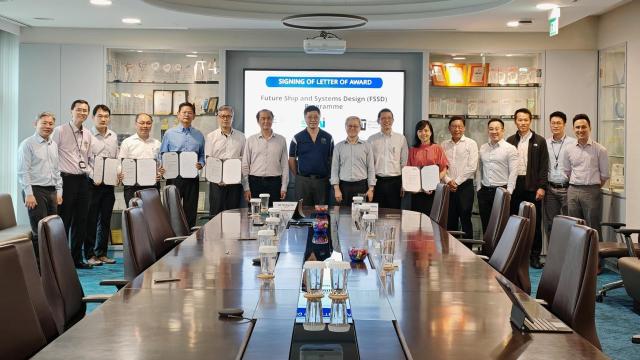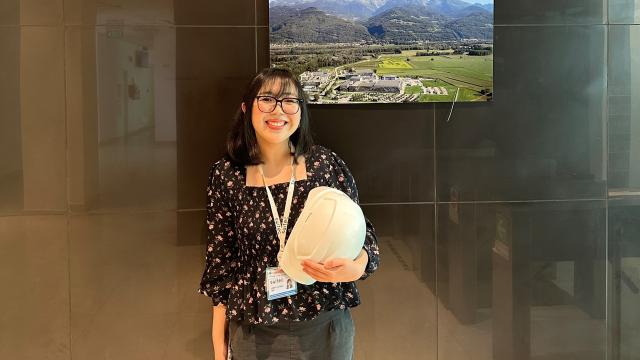
Sustainable development is gaining attention in recent years. Practitioners today are trying to integrate environmental concerns into the design, construction and operation of facilities. Singapore’s BCA Green Mark Scheme is an excellent example of how Singapore seeks to progress in sustainable development in the light of environmental pollution control and management needs, as well as limited natural resources.
The new Civil Engineering degree programme, jointly offered by Singapore Institute of Technology (SIT) and University of Glasgow (UofG), aims to address the need for local manpower with the necessary civil engineering professional qualifications in the face of sustained building and infrastructure development.
Through a heavy emphasis on project-based applied learning and industrial immersion, this programme aims to produce industry-ready graduates who are equipped with a high level of technical expertise to address multidisciplinary challenges, provide technically sound and sustainable solutions to complex problems.
Students will be encouraged to explore innovations in environmental management for the built environment. They will be given opportunities to create prototypes via hands-on workshops in The Catalyst – a makerspace in SIT to turn ideas into action.

SIT-UofG Civil Engineering students will study a module called ‘Civil Engineering & Sustainable Built Environment’ in their first year, where they will be exposed to the environmental impact of civil engineering activities and learn to use the environmental management system as a framework to develop programmes to minimise harmful impact. Examples of integrated, holistic solutions to climate changes that influence urban planning for sustainable development in the Singapore context will be discussed.
In this 13-week module, students also will work on a case study where a rural toilet facility is plagued with a ‘no tap water’ problem. Students will be grouped into small teams and given a problem statement. They will learn to use the plan-do-check-act (PDCA) framework to troubleshoot for possible causes of the problem. Subsequently, students may visit the site to verify their assumptions and resolve the issues systematically. The project will end with recommendations, budgeting, purchasing of relevant parts and a final practical session to put the toilet facility to working order.
This is a bold step to take a real problem in sustainable living and rural civil engineering works to the classroom and eventually solve it on-site to achieve the desired outcomes. It seeks to develop in students a curious mind set, a troubleshooting mentality, a systematic approach methodology, a repair capability, a cross-disciplinary outlook and a persistence to solve a practical problem in a cost-efficient manner. The learning outcomes can be extended to complex civil engineering problems as the students progress into the senior years of study.
This article was adapted from The Singapore Engineers May 2017 publication with the permission of The Institution of Engineers, Singapore.
![[FA] SIT One SITizen Alumni Initiative_Web banner_1244px x 688px.jpg](/sites/default/files/2024-12/%5BFA%5D%20%20SIT%20One%20SITizen%20Alumni%20Initiative_Web%20banner_1244px%20x%20688px.jpg)


